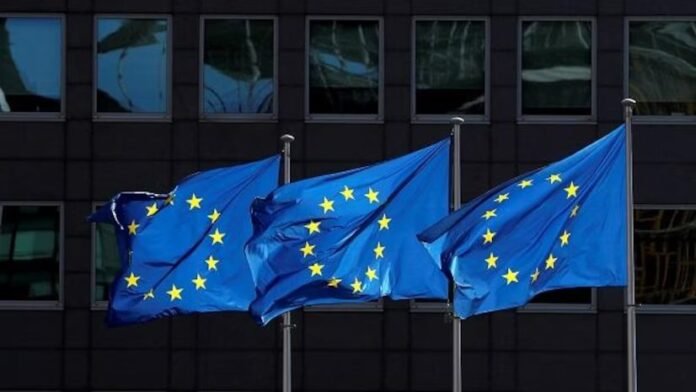European Union (EU) officials are being urged to take action to tighten regulations on the import of Indian fuels that are produced using Russian oil. Concerns have been raised over the potential environmental and geopolitical implications of these imports.
The call for stricter regulations comes as the EU aims to strengthen its commitment to reducing carbon emissions and transitioning to cleaner energy sources. It is argued that the imports of Indian fuels made from Russian oil may undermine the EU’s efforts to promote sustainability and combat climate change.
Indian refineries have been importing crude oil from Russia and then processing it into various petroleum products, including fuels. These products are subsequently exported to the EU market, contributing to the energy supply chain in Europe.
Critics argue that this practice indirectly supports the use of Russian oil, which may have a higher carbon footprint and be derived from environmentally sensitive regions. The concern is that by importing fuels made with Russian oil, the EU may inadvertently be contributing to greenhouse gas emissions and compromising its climate goals.
Additionally, there are geopolitical considerations surrounding the reliance on Russian oil. The EU has been working towards diversifying its energy sources to reduce dependence on a single supplier and increase energy security. The import of fuels made from Russian oil via India raises questions about the EU’s strategic objectives and vulnerability to potential disruptions in the supply chain.
To address these concerns, advocates are calling for stricter monitoring and regulations on the imports of fuels produced from Russian oil, regardless of their origin. This would involve comprehensive assessments of the carbon footprint of imported fuels and potentially imposing stricter environmental standards for their production.
EU policymakers are under pressure to review and revise existing regulations to ensure that the importation of fuels aligns with the bloc’s climate and energy objectives. This could involve imposing stricter emission standards, promoting transparency in supply chains, or incentivizing the use of low-carbon alternatives.
Efforts to crack down on imports of Indian fuels made with Russian oil would require close coordination and cooperation between the EU and Indian authorities. It is essential to strike a balance between addressing environmental concerns and maintaining a fair and sustainable trade relationship between the two regions.



